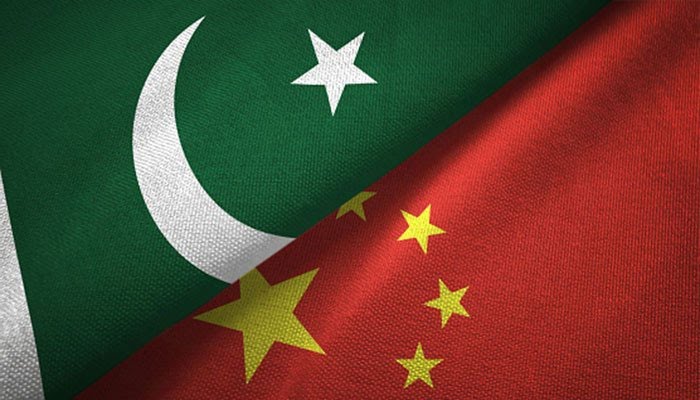A paradigm shift has been observed in the e-commerce landscape of Pakistan which has been further fueled by the Covid-19 pandemic.
E-commerce is essentially the sale and purchase of goods through electronic mediums. While the startup ecosystem is getting a boost in Pakistan in general, e-commerce may be one of the phenomenally well-performing sectors. One of the reasons for the recent boom of the e-commerce streams in Pakistan is the ease of doing internet-based businesses.
Pakistan has improved in terms of doing business. On the World Bank’s index, Pakistan’s ranking rose from 136 to 108 in the year 2021. The government of Pakistan has been taking initiatives – like the Kamyab Jawan programme – to foster entrepreneurship. However, a lot of obstacles still exist. The cost of doing business is high although Pakistan is one of the cheapest countries and has been a hub of outsourcing for developed countries. The legal and regulatory framework adds to the problems of small business owners who do not have sufficient resources to compete with large businesses.
One of the roadblocks for startups is the informal economy of Pakistan. Some reports estimate the undocumented economy to be as large as 50% of the current GDP. This entails that a large segment of the population is unbanked. Mobile banks like EasyPaisa and JazzCash – while increasing in popularity – still have a low penetration in the market.










